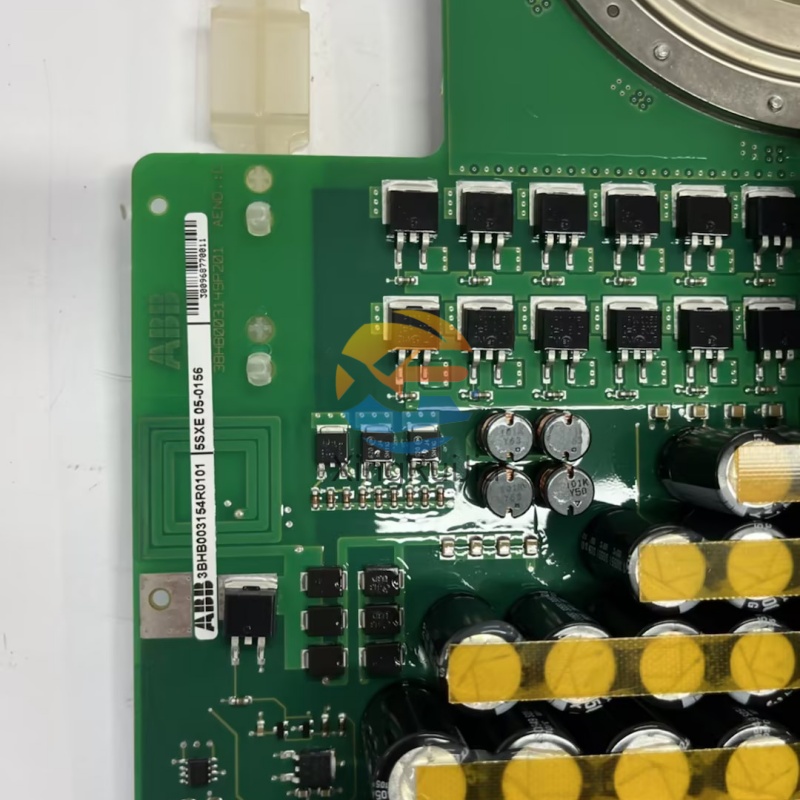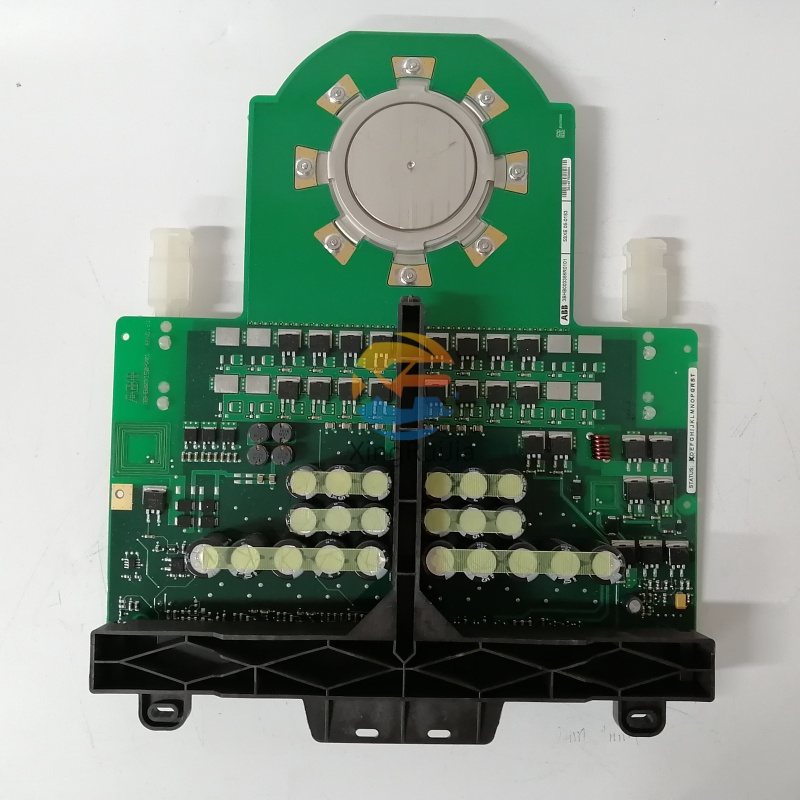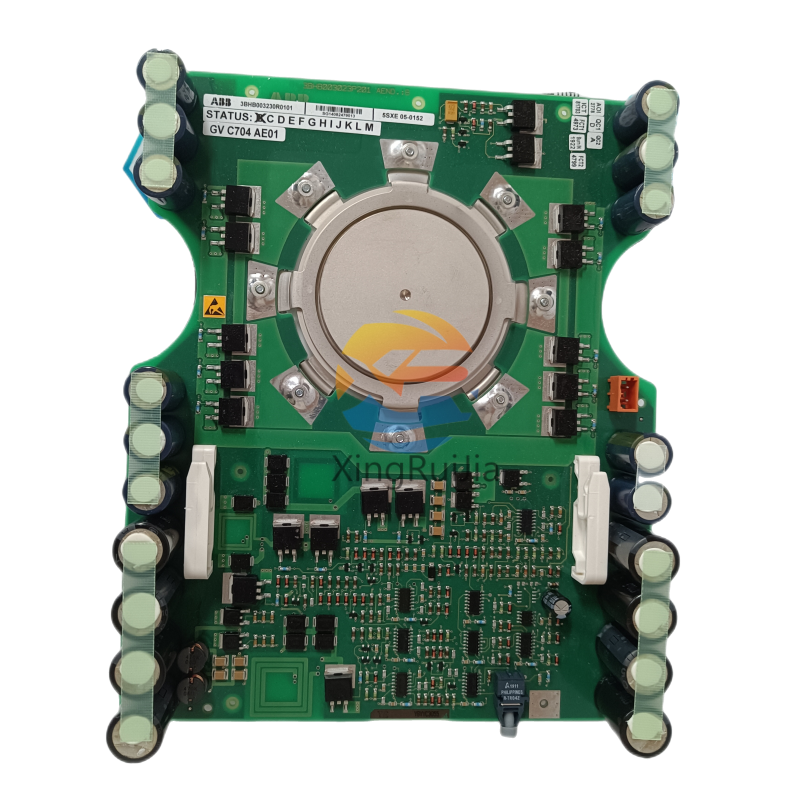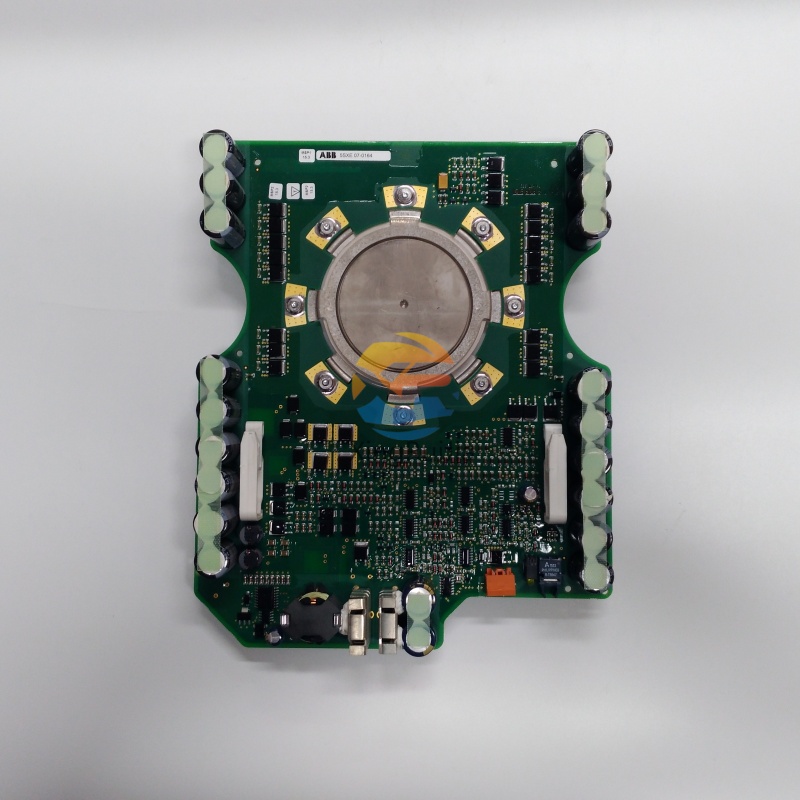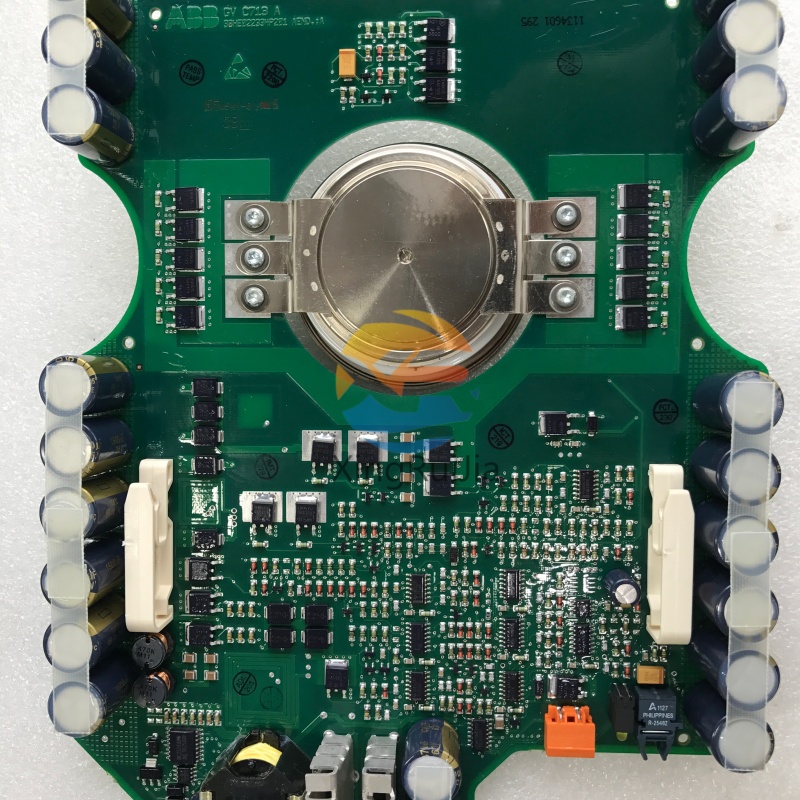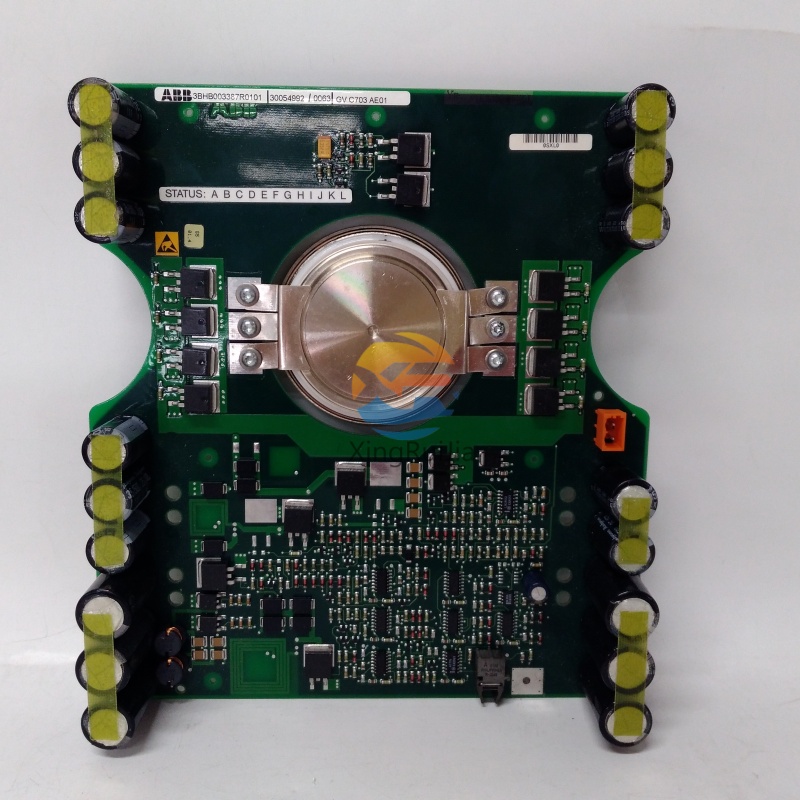This integrated ABB offering leverages the strengths of each component to provide a cutting-edge industrial networking solution:
-
Reliable Data Exchange: The 216NG61A system provides highly secure and reliable communication pathways, crucial for critical data transfer between controllers, intelligent devices, and supervisory systems. Its advanced design minimizes data loss and latency, leading to improved system responsiveness and reduced operational errors.
-
Enhanced System Interoperability: Designed with broad compatibility in mind, this module facilitates seamless integration within diverse industrial network architectures. It ensures that various devices can communicate effectively, enhancing the overall flexibility and scalability of your automation system.
-
Built for Harsh Industrial Environments: Crafted from premium, industrial-grade components and subjected to stringent quality control, the ABB 216NG61A and its associated modules are built for continuous, long-term operation in challenging conditions. Its robust construction resists extreme temperatures, vibrations, and electromagnetic interference.
-
Optimized Network Performance: By handling communication protocols efficiently, this module contributes to the overall speed and stability of your industrial network. This translates to faster data updates, more precise control actions, and ultimately, higher operational efficiency.
-
Reduced Troubleshooting & Downtime: With its robust design and inherent reliability, the ABB 216NG61A HESG441633R1 HESG216875/K significantly lowers the risk of communication failures, which often lead to costly downtime. This reduces maintenance requirements and improves operational continuity.
-
Long-Term Support & Availability: Investing in an ABB solution means choosing components backed by ABB's global commitment to long-term availability, comprehensive technical support, and continuous product innovation, safeguarding your industrial network infrastructure for years to come.
For precise engineering specifications and detailed integration guidelines, always refer to the official datasheets for the ABB 216NG61A HESG441633R1 and HESG216875/K.
-
Manufacturer: ABB
-
Main Module: 216NG61A (HESG441633R1) - Likely the core network interface or communication processor board.
-
Associated Module: HESG216875/K - Likely an auxiliary board, perhaps for specific physical interfaces, optical communication, or redundant pathways.
-
Component Type: Industrial Network Module, Communication Interface, or Gateway Board.
-
Function: Facilitates data exchange, protocol conversion, network redundancy, or remote access.
-
Communication Interfaces: (e.g., Ethernet ports, Fiber Optic ports, Serial ports like RS-232/RS-485, Fieldbus interfaces like Profibus/Modbus RTU/TCP – specific to module function).
-
Supported Protocols: (e.g., TCP/IP, UDP, Modbus TCP, Profinet, EtherNet/IP, IEC 61850, OPC UA – if applicable).
-
Operating Voltage: (e.g., 24 VDC, supplied via system backplane or dedicated connection).
-
Operating Temperature Range: (e.g., -20°C to +70°C).
-
Environmental Protection: (e.g., IP20 for cabinet installation, conformal coating for harsh environments).
-
Mounting: (e.g., Slot-in for controller rack, DIN Rail Mount).
-
Typical Power Consumption: (varies by specific module function).
-
Certification: (e.g., CE, UL, RoHS Compliant).
-
Process Automation Networks: Enabling seamless data flow between PLCs, DCSs, sensors, and actuators in chemical plants, oil & gas facilities, pharmaceuticals, and manufacturing.
-
Substation Automation Systems: Facilitating communication for protection relays, control devices, and RTUs in modern digital substations (e.g., IEC 61850 networks).
-
Factory Automation & Robotics: Providing robust network connectivity for high-speed data exchange in discrete manufacturing, robotic cells, and assembly lines.
-
Distributed Control Systems (DCS): Serving as a communication backbone for large-scale, geographically dispersed control systems.
-
Remote Monitoring & Control: Enabling reliable communication for remote terminal units (RTUs) and remote I/O in distributed assets.
-
Building Management Systems (BMS): For advanced network connectivity in large commercial and industrial building automation.
 Sweden
Sweden 











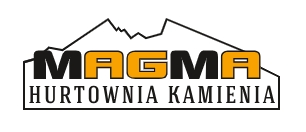
















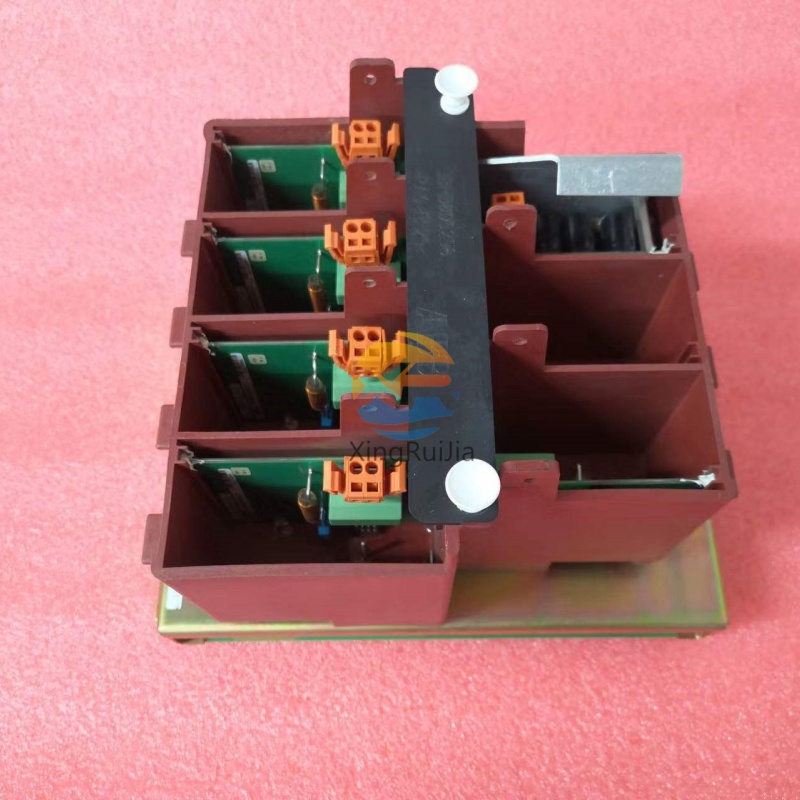
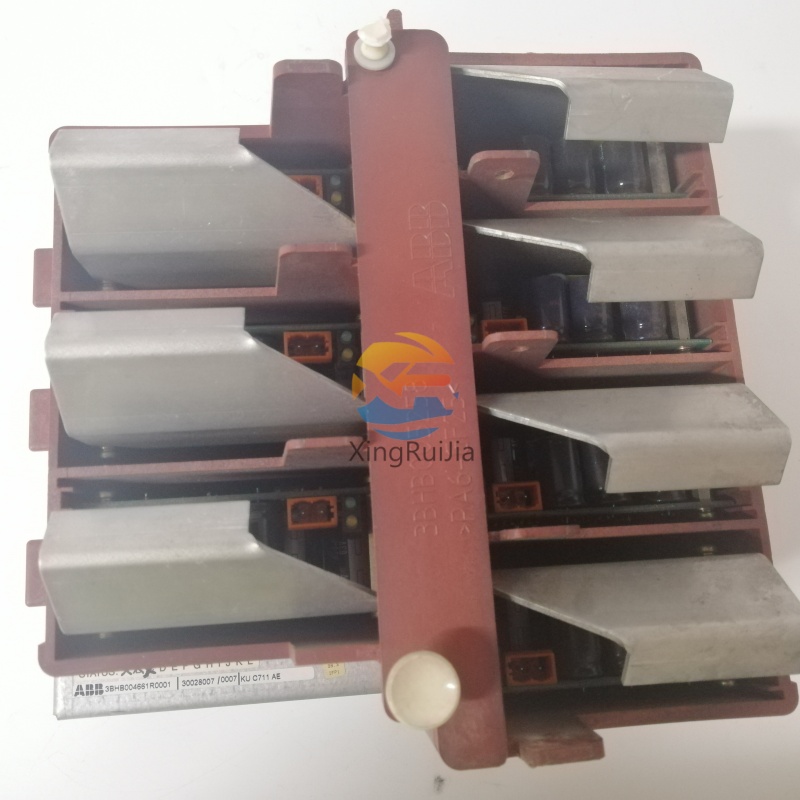
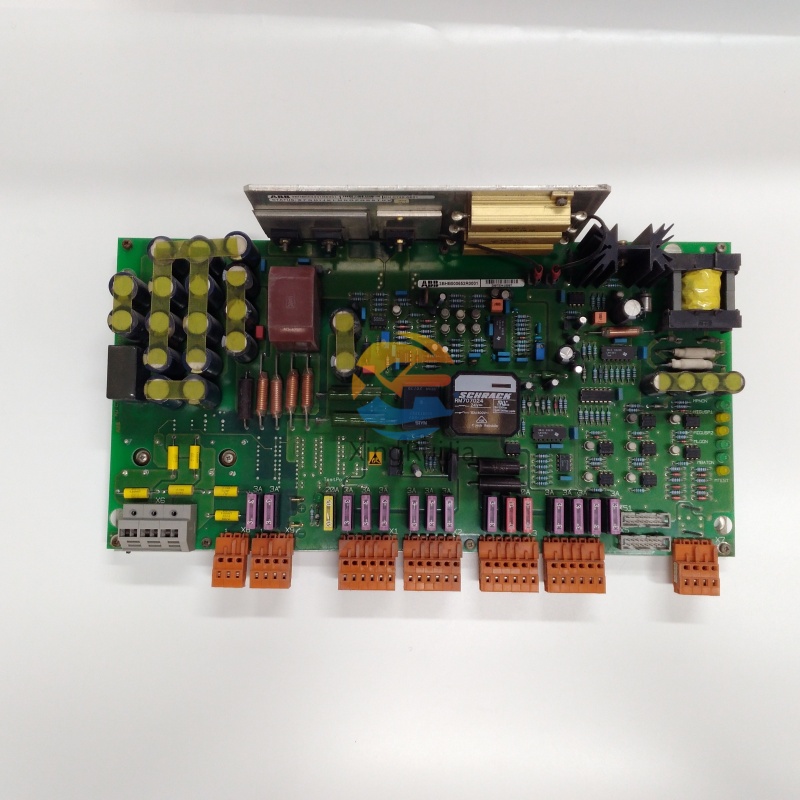
.jpg)
